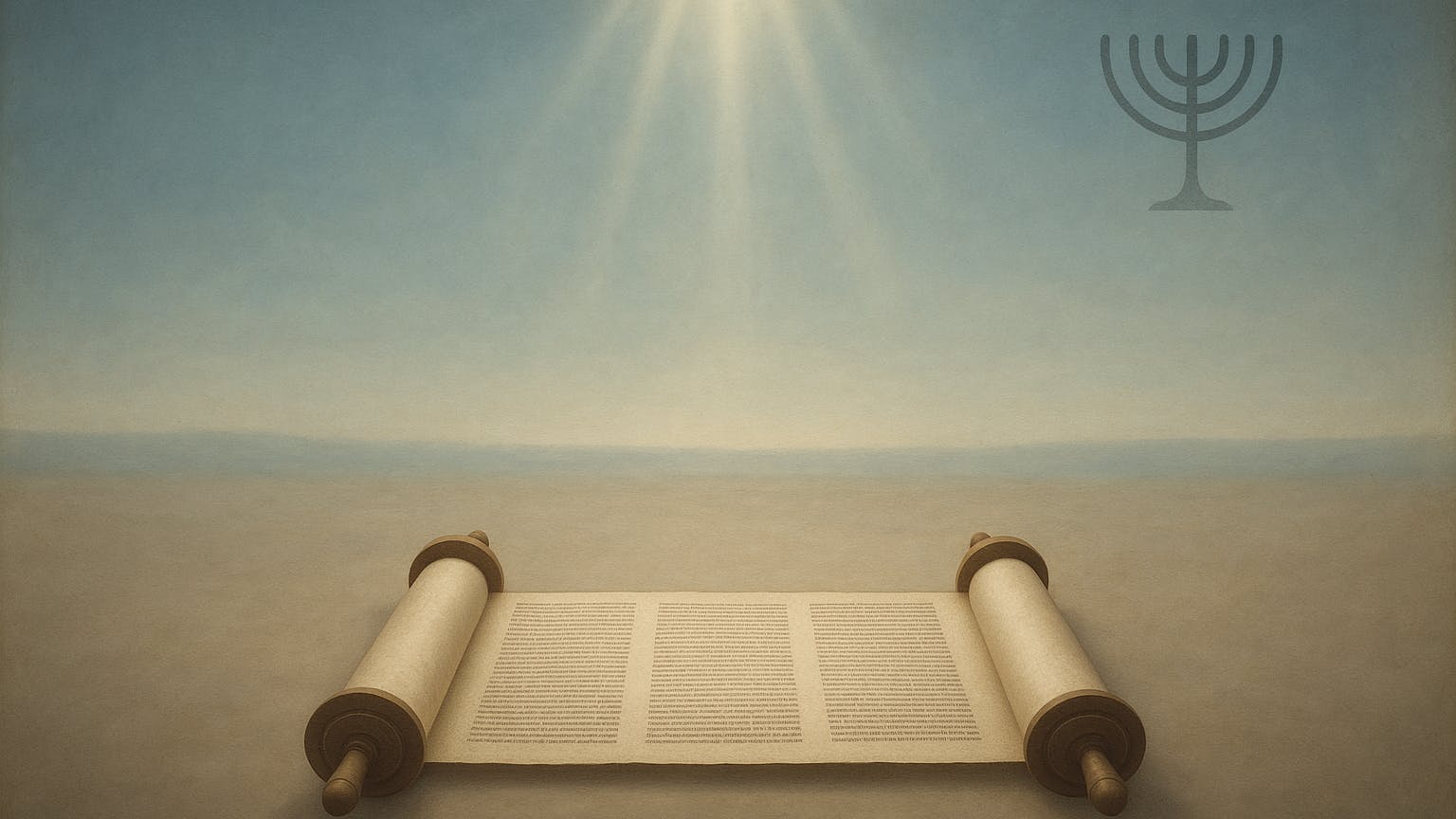At various points in history there have been a number of individuals who have each claimed to be the messianic hero that would bring redemption (geula) to the Jewish people. One famous example of this is Simon Bar Kochba, whom the renowned Jewish rabbi Akiva touted to be the messiah. It was hoped that Bar Kochba (“son of the star”) could be the strongman messiah who would defeat the Romans in the Second Roman-Jewish War. When Bar Kochba failed in his mission, he was renamed “Bar Kozeba”: the son of disappointment.
It is interesting that less than a century before Bar Kochba, Jesus warned about false Messiahs. Prior to Jesus’ crucifixion, he warned his disciples:
Matthew 24:23-24
“Then if any man shall say unto you, Lo, here is Christ, or there; believe it not. For there shall arise false Christs, and false prophets, and shall shew great signs and wonders; insomuch that, if it were possible, they shall deceive the very elect.”
You see, Bar Kochba/Kozeba was always going to disappoint – because his followers did not believe in the Messiah whom Jehovah promised through the prophets of Israel, therefore their hope was not built on G-d’s word but on man’s inventions. The word {Christ} is derived from the Greek {χριστός}, meaning “Anointed One”, and translates the Hebrew word {מָשִׁיחַ}, “Mashiach'' or “Messiah”.
Rabbinic Jews believe that G-d has ordained that there will be an anointed man who will save the people of G-d in some sense, and this man would be the Anointed Messiah or Christ. However, rabbinic Judaism generally ignores or downplays Scripture’s specific teachings on the Messiah. And what indeed does G-d’s word teach that the true Messiah will do?
After Adam and Eve disobeyed G-d, G-d ejected them from the garden of Eden as punishment – and yet he promised that Eve’s seed (that is the Messiah, Genesis 3:15) would make war against the seed of the serpent, that is Satan. Although Satan had turned man to evil, the Messiah would turn many to glory.
This Anointed One appears across Scripture as G-d. In Genesis 19:24, we read
Genesis 19:24
“Then the L-d rained upon Sodom and upon Gomorrah brimstone and fire from the L-d out of heaven”
In both cases of “L-d” here, Jehovah is in mind. So Jehovah rains judgment from Jehovah in heaven - thus there is a second person with divine power and authority known as Jehovah. Authors such as Daniel Boyarin acknowledge that the Messiah in ancient times was commonly believed to be divine, and Jehovah himself (The Jewish Gospels?).
With this in mind, we understand why G-d told the people of Israel
Deuteronomy 18:18-19
“I will raise them up a Prophet from among their brethren. And it shall come to pass, that whosoever will not hearken unto my words which he shall speak in my name, I will require it of him.”
This prophet who spoke as G-d was Christ. He had appeared to Moses in the burning bush, as the Angel of the L-d (Exodus 3:2), and yet this angel was also G-d himself, hence Exodus 3:4:
Exodus 3:4
“And when the L-d saw that he turned aside to see, G-d called unto him out of the midst of the bush, and said, Moses, Moses. And he said, Here am I.”
This angel of the L-d was the L-d himself!
When the angel of the L-d appears to Samson’s father, Manoah, the angel tells Manoah that his name is a secret (Judges 13:18) - it is only in the New Testament that we learn his name is Jesus, for he will save his people from their sins (Matthew 1:21).
And yet we learn many details about the Messiah throughout the Tanakh. Isaiah 53:3-6 tells us that the Messiah would die and suffer for the sins of his people, and that they would reject him:
Isaiah 53:3-6
“He is despised and rejected of men; a man of sorrows, and acquainted with grief: and we hid as it were our faces from him; he was despised, and we esteemed him not. Surely he hath borne our griefs, and carried our sorrows: yet we did esteem him stricken, smitten of G-d, and afflicted. But he was wounded for our transgressions, he was bruised for our iniquities: the chastisement of our peace was upon him; and with his stripes we are healed. All we like sheep have gone astray; we have turned every one to his own way; and the L-d hath laid on him the iniquity of us all.”
Did you notice how the Messiah suffers for transgressions and iniquities? This was the mission he fulfilled!
The prophecy in Isaiah 53:10-11 surely came true of Jesus Christ:
Isaiah 53:10-11
“He shall see of the travail of his soul, and shall be satisfied: by his knowledge shall my righteous servant justify many; for he shall bear their iniquities.”
And Christ himself spoke of his delight to do G-d’s will in this, affirming in Psalm 40:
Psalm 40
“Then said I, Lo, I come: in the volume of the book it is written of me, I delight to do thy will, O my G-d: yea, thy law is within my heart. I have preached righteousness in the great congregation: lo, I have not refrained my lips, O L-d, thou knowest.”
Christ would also confirm G-d’s covenant by preaching (Daniel 9:27, Isaiah 61:1-4), proclaiming liberty to those held captive by sins. Christ justifies us by dying in our place - he is the ultimate atoning sacrifice for our sins, as Daniel tells us - “And after threescore and two weeks shall Messiah be cut off, but not for himself” (Daniel 9:26). This death occurs by Messiah having his hands and feet pierced:
What a contrast between Bar Kochba and Jesus Christ! Christ completed the task his Father set him, which was to die for the sins of his people – yet Bar Kochba left them in their sins.
While many Jews in Jesus’ day rejected him because he did not overthrow the Romans who ruled over them, they pinned their hopes on an earthly, political messiah, who would free them from Roman Gentile rule, but leave them as slaves to their sins - and their hopes were disappointed accordingly. This has implications for you personally: do you want the Messiah to reset the world’s politics, so you have an external peace according to what suits you? Or do you want the Messiah to set you free from your sins, which your conscience tells you will send you to hell on the Day of Judgment? G-d is a just, perfect, and holy G-d:
and if you die in your sins, you will die an evil person, and G-d will send you to hell.
While Christ will restore the nation of the Jews yet still, and judge the Gentiles, we must not forget that he will judge us Jews also. To avoid judgment and hellfire, we need Christ’s atonement that he promises in the gospel, which you can read here.
Christ’s kingdom begins firstly by ruling in the hearts of his people, making us willing in the day of his power (Psalm 110:3) to serve G-d with an inward delight, according to his word (Psalm 1, 15, 119, and many others prove this). This means that we repent of our sins, and despairing of ourselves, knowing that we are wholly wicked (Genesis 6:5) in our hearts (Jeremiah 17:9), and that in G-d’s sight, none of us may be justified (Psalm 143:2) – and therefore we need a righteousness that is alien to us, and given to us from another. David proclaims how blessed it is to have our sins not imputed to us, but rather covered:
Psalm 143:2
“Blessed is he whose transgression is forgiven, whose sin is covered. Blessed is the man unto whom the L-d imputeth not iniquity, and in whose spirit there is no guile.”
The one who justifies us is Christ, as we read in Isaiah 53:11: “by his knowledge shall my righteous servant justify many”.
And this same Jesus would rise from the dead, as David prophesied
Psalm 16:10
“For thou wilt not leave my soul in hell; neither wilt thou suffer thine Holy One to see corruption.”
All this shows that the Christian faith in Jesus Christ is perfectly in accordance with what G-d taught Israel in the Scriptures. Yet rabbinical teaching rejects this, in favor of its own ideas. In Haredi Judaism to this day, a chicken is taken on Yom Kippur, and he is killed, and a Jew will swing the chicken around his neck and proclaim the chicken a kappurah or atonement for his sins.
How wrong this is, compared to the strong and certain hope we have in Jesus Christ. Let us not trust in false messiahs (sons of disappointment like Simon Bar Kochba) or chickens, but rather in Jesus Christ the Son of G-d!
More Topics
You might alsoo be interested in these topics.




